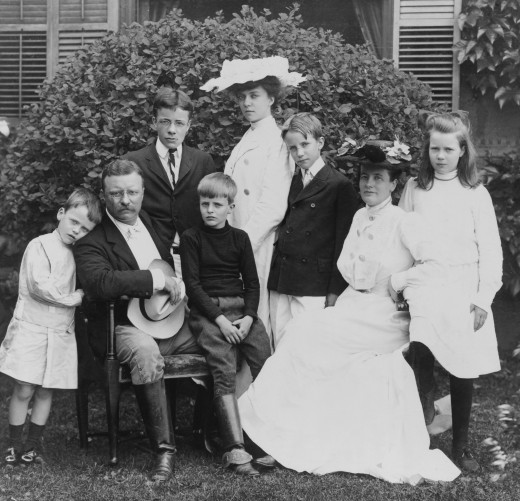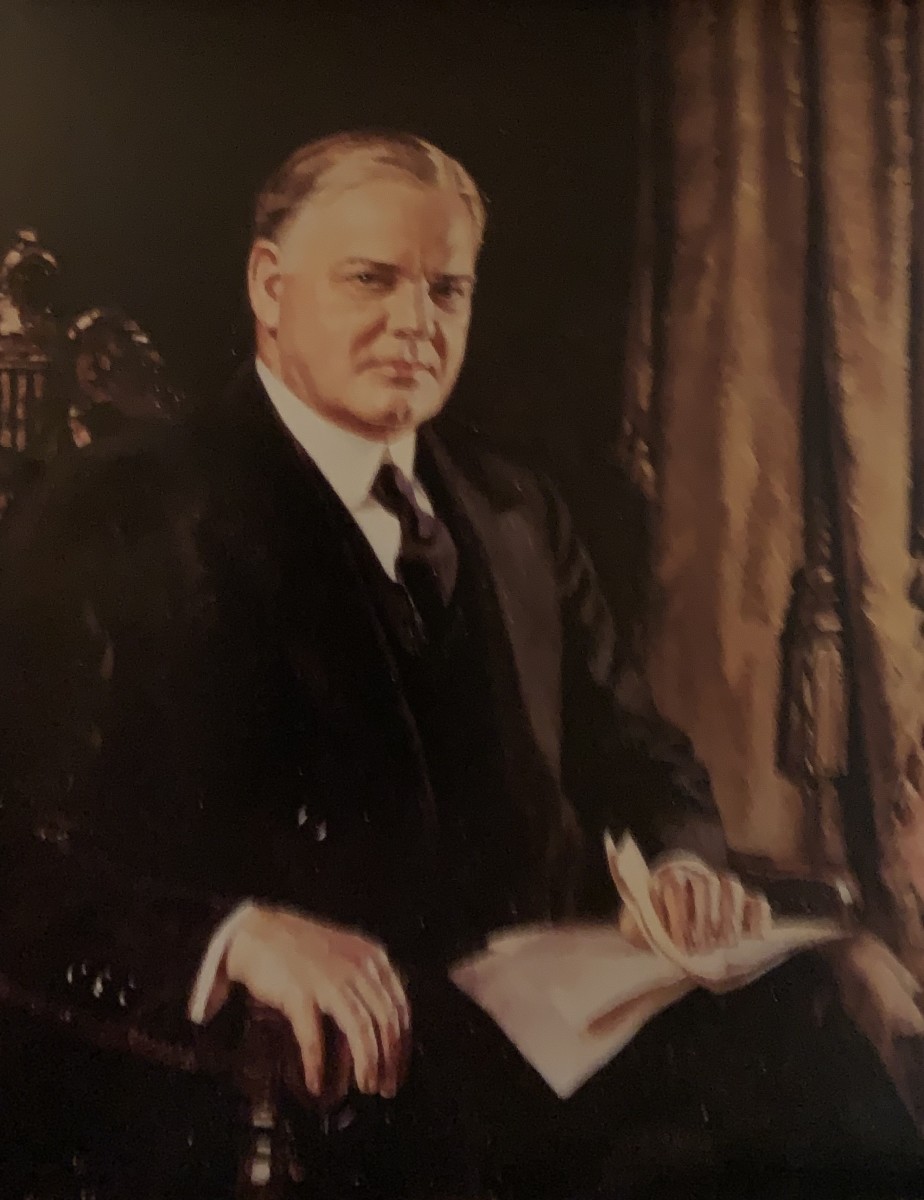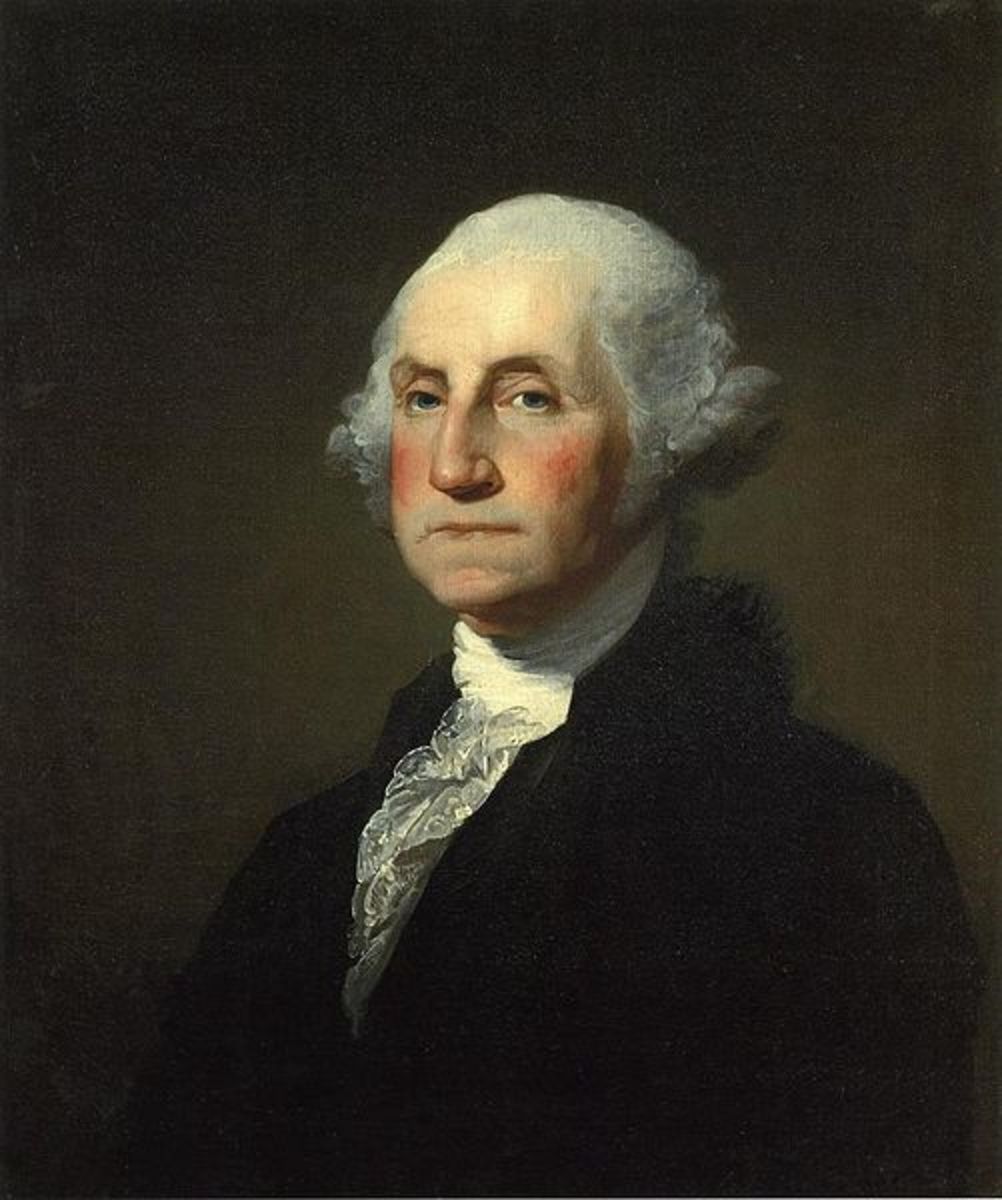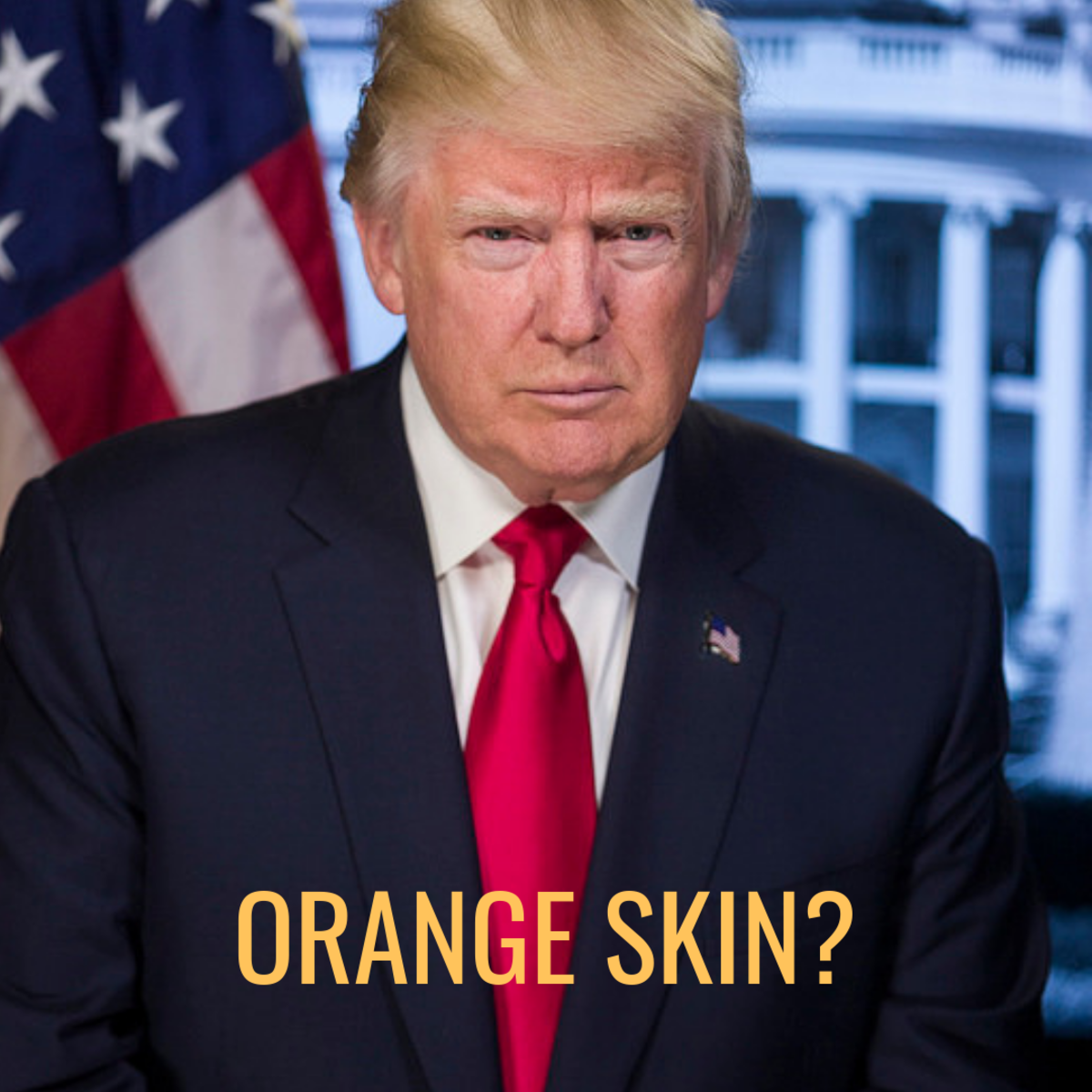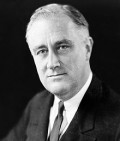Theodore Roosevelt 26th President of the United States
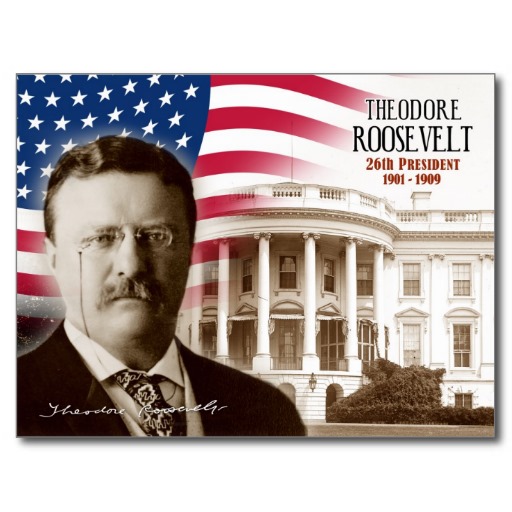
Theodore Roosevelt, the twenty-sixth President of the United States possessed to a remarkable degree the best characteristics of the "typical American." He was learned, cultured, progressive and brave, an athlete, sportsman, ranchman, author, orator, politician, statesman and soldier. During the journey of life, he was as restless as the sea. He was as active as the soil. He was as fearless as the native chiefs of America. He has said, "War and politics those are the two greatest games”. In the shadows of War, he has as patient as the mothers who reared children in a wilderness where danger and death lurked on every hand. He has a soul as sympathetic as the missionaries who led the way for the pioneer into the new world. Roosevelt represented the entire American nation. "Let us get hold of things as they are," was his motto, "and when we have them straightened out we will try something else. Let us stick close to the thought that we are Americans, first, last and all the time. We may not be so polished as our neighbors across seas, but we have certainly as good timber in our construction and can never be so great, or useful, or happy in any other country as we can in our own." He loved the country and countrymen from boyhood, "I belong as much to the country as to the city," he often said; "I owe all my vigor to the country." Mr. Roosevelt also declares, "The Indians should be treated in just the same way that we treat the white settlers”. He was the first President of the New United States whose antecedents made him the typical American.
Theodore Roosevelt was born with a gold spoon in his mouth on October 27, 1858, in New York City to parents Theodore Roosevelt, Sr., and Martha Bulloch Roosevelt. His father's ancestors having settled on Manhattan Island in 1644. His mother came from a well-known Bulloch family who settled in Georgia. Theodore's great-grandfather, Archibald Bulloch, served as the first Revolutionary President of Georgia, during early life, Theodore Roosevelt as a child was called as Teedie, was a weak and unhealthy child for many years. He suffered primarily from asthma, but also from stomach pains and headaches. Due to unhealthy and suffering in many ailments, he was unable to breathe and remained indoor where he had to read books for enjoyment. In 1876, when he was eighteen, young Theodore entered Harvard College. He also became the member of Phi Beta Kappa and boxed for the Harvard boxing team and his friends start calling him Teddy and the name stuck.
Teddy graduated from Harvard in 1880. At Harvard, Teddy met Alice and fell in love with her who quickly captured his heart with golden curly hair, blue eyes. Many young men fell for her and it took Teddy a considerable amount of time to win her heart. He proposed marriage but she neglected. He proposed her again after eight months and now she gladly accepted. On October 27, 1880, Teddy's twenty-second birthday, the two were married. On February 12, 1884, Roosevelt's first child, baby Alice, was born. Their happy life was shattered when his wife Alice's kidneys failed due to problems during the pregnancy and died after two days after the birth of baby Alice. Tragically, Roosevelt's mother died in the same house and on the same day when Alice died. The double loss stunned Roosevelt.
Against the wishes of his family and friends, he entered politics at age of twenty-three years old. During 1881, he was elected to the New York State Assembly and began to reform and opposed the power of the political machines. In 1882, Roosevelt also published his first book “A History of the Naval War of 1812”. He got reputation from his first book. Roosevelt served three year-long terms as a member of parliament in New York.
Roosevelt left the New York State Assembly in 1884 and moved to the Dakota Territory where he built Elkhorn Ranch. Theodore liked to hunt buffalo at Elkhorn, he loved playing cowboy. At Elkhorn, he lived quietly and during the day-time, he looked after the cattle and at night he worked on his literary career. In 1885, he published an entire book on the subject, entitled Hunting Trips of a Ranchman. He also began writing more serious pieces, such as “A History of the City of New York” and his multi-volume work “The Winning of the West”.
In 1885, while visiting his sister Anna and baby Alice on Christmas, Theodore became reacquainted with his childhood sweetheart, Edith Carrow, Theodore proposed to Edith in 1886. The two married in December in London. After marriage, they came back to New York to settle in Oyster Bay where their new house Sagamore Hill awaited them. In 1887 Theodore's first son was born named Theodore Roosevelt III. Theodore and Edith have six children, Alice, Theodore III, Kermit, Ethel, Archibald, and Quentin.
Theodore Roosevelt came back to New York City during October 1886 and nominated for Mayor. He was badly defeated. Benjamin Harrison nominated for Presidential Election by Republican in 1888 and Roosevelt started campaign for Harrison. When Harrison was elected, Roosevelt, Harrison posted Roosevelt as head of the U.S. Civil Service Commission in 1889. As commissioner, His policy and administration of the commission was opposed and criticised by both his own and the opposing party. To those who criticised him, he said: "I am placed here to enforce the law as I find it. I shall enforce it. If you don't like the law, repeal it." Theodore remained Civil Service Commissioner until 1895. Roosevelt made a name for himself as a reformer. He promoted officers based on merit and became famous throughout New York. He served as the Head of the New York Police Department for two years only and he resigned when William McKinley nominated by Republican in 1896. Roosevelt completely supported McKinley and strongly spoke out against opposing candidate through out the Midwest on behalf of the Republican. McKinley easily won the election and awarded Roosevelt the prominent position of Assistant Secretary of the Navy. In June, 1897, in addressing the naval cadets he repeated Washington’s warning: " To be pre- pared for war is the most effectual means to promote peace, " and with great emphasis he uttered these words: "All the great masterful races have been fighting races. Cowardice in a race, as in an individual, is the unpardonable sin." A year before clash of USA with Spain, he said: "The enemies we may have to face will come from over the sea; they may come from Europe, or they may come from Asia. Events move fast in the West; but this generation has been forced to see that they move even faster in the oldest East. Our interests are as great in the Pacific as in the Atlantic, in the Hawaiian Islands as in the West Indies. Merely for the protection of our own shores, we need a great navy; and what is more, we need it to protect our interests in the islands from which it is possible to command our shores and to protect our commerce on the high seas. “As Assistant Secretary of the Navy, Roosevelt worked towards strengthening the U.S. Navy to prepare for any possible threat, particularly from the Spanish Empire.
When war was declared against Spain, he said: "My work here is done. I must get into the fight myself." He wanted to fight with the Spanish Empire, not only to free the enslaved Cubans, but also to push out the Spanish from the Caribbean. In 1989, he resigned his post as Assistant Secretary and helped organize and lead a volunteer regiment in the Army known as the Rough Riders -First Regiment of United States Volunteer Cavalry. The Rough Riders' regiment was commanded by Colonel Roosevelt during the San Juan battle and in all the engagements which terminated in the surrender of the Spanish army in Cuba in July of 1898. After the War, Roosevelt became famous as a War Hero.
While Roosevelt fought with his Rough Riders in Cuba, Senator Thomas Platt, the boss of New York State's Republican political machine needed to find a new Governor and found Theodore Roosevelt who accepted it. The newly elected Governor Roosevelt continued to crusade for political reform, despite the horror of the machine that had elected him. Boss Platt was not pleased. Boss Platt nominated Roosevelt for the Vice Presidency in the election of 1900 to get rid of Roosevelt. Roosevelt served a 06 months term as Vice President.
On September 6, 1901, President McKinley was assassinated and died on September 14, 1901. Instantly, Theodore Roosevelt was sworn in as President of the United States at the age of forty-two. Roosevelt's tenure as President was not unlike the rest of his political career. His first declaration to the politicians was,” I am going to be President of the United States and not of any section, I don't care the snap of my fingers for sections or sectional lines." To a group of Southern members of Congress he said: "when I was Governor of New York I was told I could make four appointments in the army. When I sent in the names three of the four men were from the South and the other was from New York. They were brave men, who deserved recognition for services in the Spanish War, and it did not matter to me what States they were from." The nation had never before had such an active and energetic president who was a man of action. Throughout his term, he struggled to make the executive office more powerful and more in touch with the common American.
Roosevelt was no less active in foreign policy. A strong advocate of imperialism, he supported the occupation of Puerto Rico and the Philippine Islands and also the Open Door Policy in China. He summarized his belief with an old African proverb, "Speak softly and carry a big stick, and you will go far." The Media latched onto his statement and named his foreign policy as Big Stick Diplomacy. Roosevelt also used the Big Stick when he tricked Colombia out of Panama and began building the Panama Canal in 1903. Roosevelt became an international icon when he negotiated a peace treaty between Russia and Japan. In 1904 France and Great Britain wanted to divide Morocco between the two. To avoid War between France and Great Britain, Roosevelt ready to medicate because war between the European powers and disruption would disturb to American trade. Roosevelt has also acted as mediator in East Asia and in North Africa. As a peacemaker, he won the 1905 Nobel Peace Prize.
President Roosevelt was one of the most visible Progressives of his time. He offered the American people a Square Deal to improve their standard of living. Roosevelt's first major domestic test as President came when Pennsylvania went on strike in the 1902 Coal Strike and demanded higher wages and better working conditions. Fortunately, Secretary of War Elihu Root convinced the miners and succeeded to avert a disaster. In 1902, President Roosevelt shocked financiers on Wall Street with his decision to approve the government's lawsuit against Northern Securities. Republicans and bankers attacked the President for his decision. On the other hand, American people loved Roosevelt for his boldness in the face of trusts. The American Government won the suit against Northern Securities and dismantled. Roosevelt also brought lawsuits against 43 other trusts during his Presidency.
Roosevelt refused to serve a third term; he nominated William Howard Taft in 1908. Taft received the support of the party and went on to defeat William Jennings Bryan. After leaving office, Roosevelt left to hunt big game on an African safari and to deliver speeches throughout the capitols of Europe. When Roosevelt returned from his travels, he found his Progressive reformers alienated by many of Taft's policies. They turned to Roosevelt for help, and soon the once-strong friendship dissolved into bitter hatred. Taft and Roosevelt split the Republican Party in the 1912 elections. Taft received the official party nomination. Roosevelt and Taft ran against Democrat Woodrow Wilson who won easily.
When World War I broke out in Europe in 1914, President Wilson declared war on Germany. Roosevelt rushed to Washington and requested permission to organize a volunteer combat unit similar to his Rough Riders to fight in Europe. But Wilson did not accept his proposal. Although Roosevelt was unable to fight in Europe, he was proud of his four sons who joined the military. All served with bravery. His sons, Ted received the Distinguished Service Cross; Kermit earned the British Military Cross; Archibald was awarded the French Croix de Guerre and his youngest son, Quentin died in July 14, 1918 when he was serving in France fighting against German. The news of Quentin’s death shook Roosevelt. Within months, he was in hospital and suffering from multiple ailments and died on January 5, 1919 at Sagamore Hill from a clot in his coronary artery and was buried near Sagamore Hill. Once, Roosevelt’s friend asked him, what had been his motto through life, and he replied: "I have never had any motto, except this: 'What thy hands find to do, do it with thy might."
